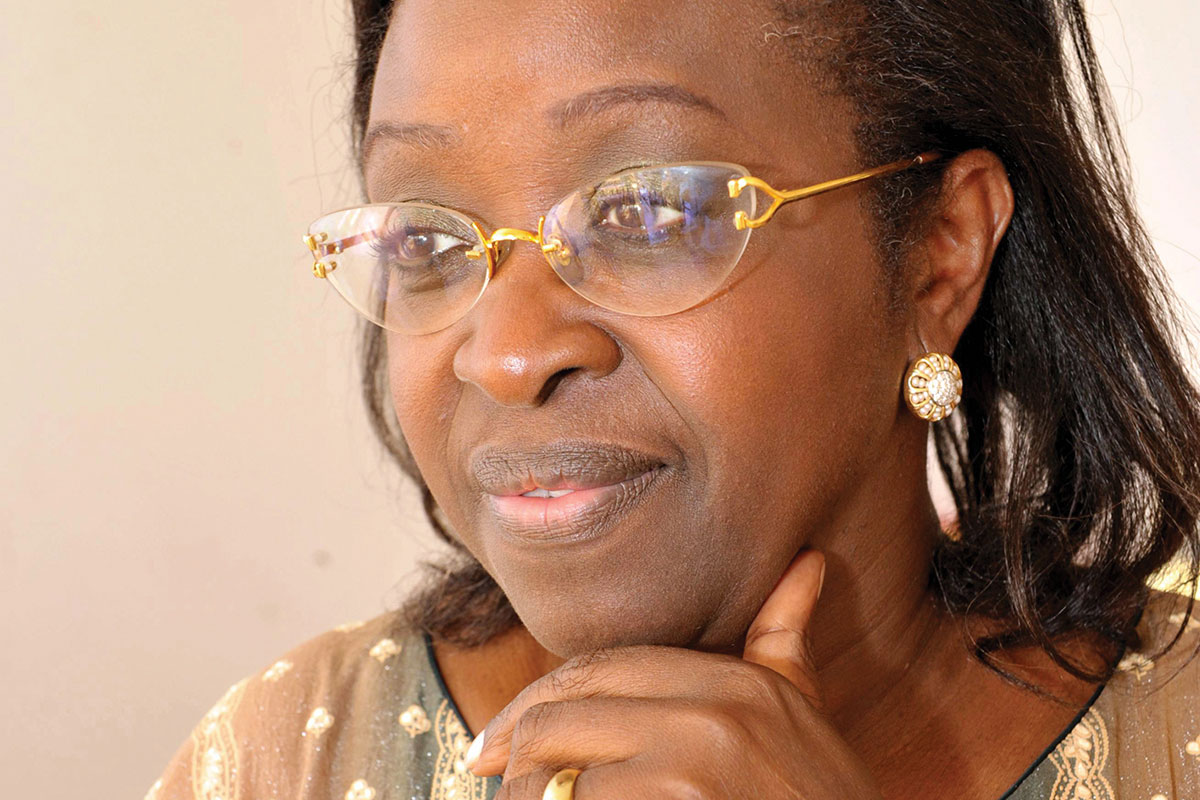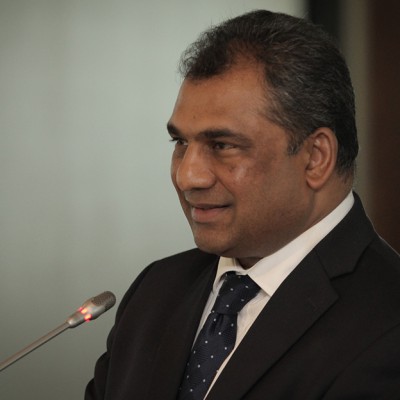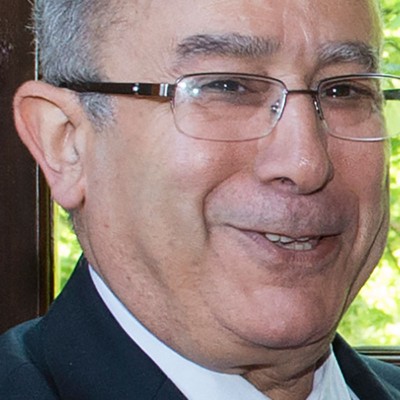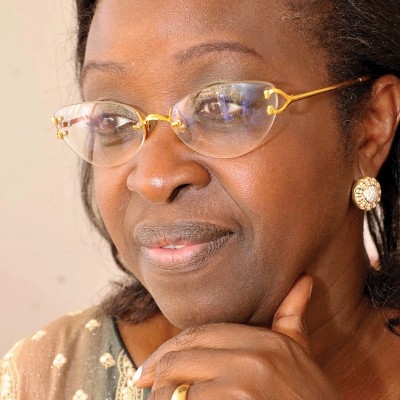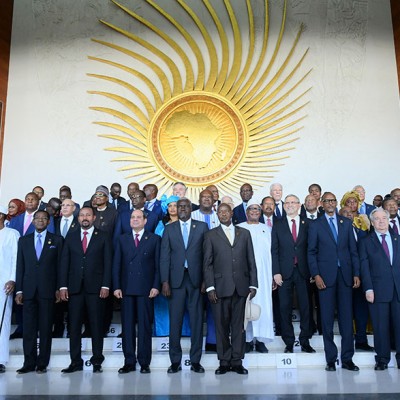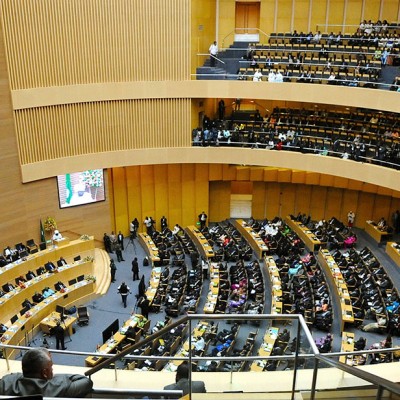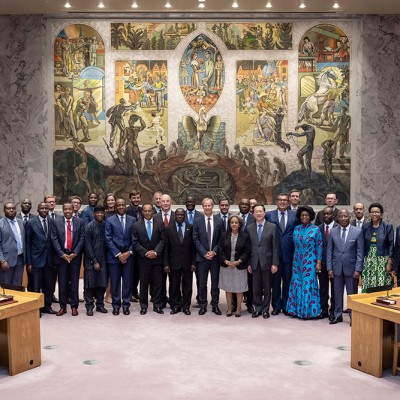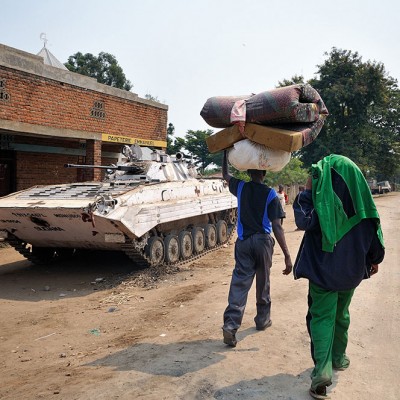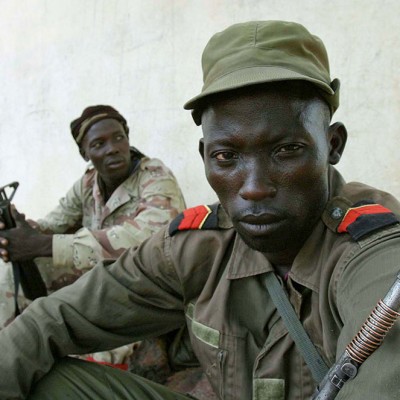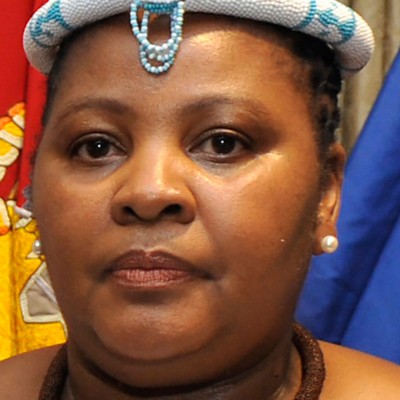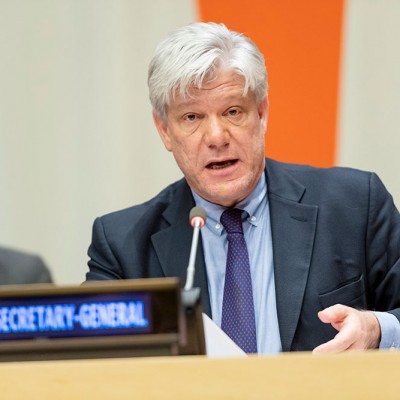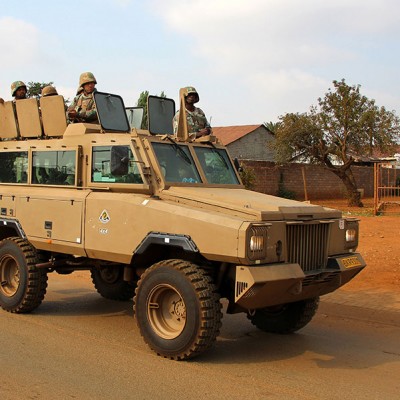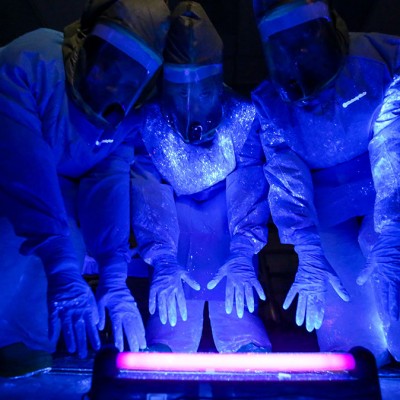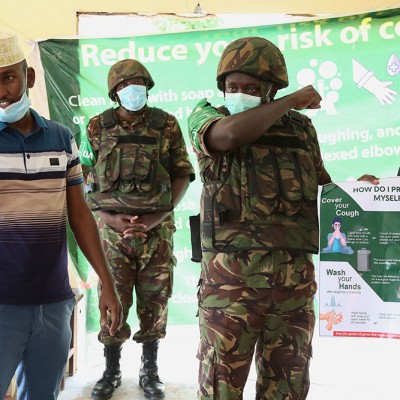This reality has been further exacerbated by the emergence of the COVID-19 pandemic, which threatens the progress made over the years towards gender equality. It has also shown, as in many previous crises, that women and girls continue to be disproportionately affected, hence stressing the need for a strong women, peace and security (WPS) agenda in response to societal threats.
It is from this perspective that the Office of the Special Envoy (OSE) of the Chairperson of the African Union (AU) Commission on Women, Peace and Security virtually convened the first Africa Forum on Women, Peace and Security, from 10 to 12 November 2020. The Forum brought together representatives of member states, women peacebuilders, youth peace ambassadors, women peacekeepers, women refugees, media and centres of excellence on WPS, with the aim to federate efforts to accelerate actions for peace. These actions are located in the broader agenda for peace and security in Africa and its clarion call to “silence the guns by 2020” – the guiding theme that represents the overarching aspirations of the AU’s Agenda 2063.
Participants called for the Forum to take place annually to provide a regular space to reimagine and restrategise our efforts to achieve the goals set forth in the WPS agenda, as well as the larger aspiration of silencing the guns in Africa. Moreover, it accords us an essential opportunity to bring together all key actors of the WPS agenda in Africa to review the critical role played by women in peacebuilding at all levels, and to define strategies to achieve equal participation and responsibilities in shaping the future of our continent.
During the three-day Forum, participants incorporated deliberations of pre-Forum consultations and the SheLeadsPeace campaign and examined key thematic issues of the WPS agenda; sexual and gender-based violence (SGBV); refugees and internally displaced people (IDPs); women in peacekeeping; women in preventive diplomacy and mediation; the role of the youth in peacebuilding; the role of the media in advancing WPS; capacity building and funding the WPS agenda; and the socio-economic impact of COVID-19 as a threat to the security of women and girls. Some of the key issues brought about in the deliberations follow.
Women and girls continue to be subjected to SGBV, in times of conflict as well as in times of peace. Even prior to the COVID-19 pandemic, SGBV was its own crisis. Globally, one in three women experience SGBV1 and unfortunately, in times of crisis – as we have seen with the COVID-19 pandemic –
instances of SGBV rise.
To adequately address SGBV, one of the recommendations put forth during the Forum was to prioritise robust legal frameworks that are backed by adequate budgets to ensure that they are implemented properly.2 Moreover, investigation capacities for SGBV, especially related to the collection of forensic evidence, must be prioritised by ensuring that there is a capability and capacity to collect, collate and store forensic evidence.3
While saluting progress made in monitoring and reporting, with the adoption of the Continental Results Framework (CRF) and the report by the Chairperson of the Commission on the implementation of the WPS agenda in Africa, stakeholders stressed that, 20 years since the adoption of UNSCR 1325 and nine subsequent WPS-related Security Council resolutions, as well as 30 national action plans in Africa and numerous other policy commitments, the numbers show very little progress in the role of women mediators, negotiators and signatories in peace processes. According to UN Women, between 1992 and 2019, women constituted, on average, 13% of negotiators, 6% of mediators and 6% of signatories in major peace processes worldwide.4 Therefore, one recommendation put forth to ensure that we achieve women’s meaningful inclusion in preventive diplomacy and mediation is to redesign the peace table, so that it is owned and led by women.5
Similarly, 2020 is also the fifth anniversary of the adoption of UNSCR 2250 – the first youth, peace and security resolution. Over the past five years, there have been increased efforts to include youth participation in peace processes, but there is still a lot of work to be done. One recommendation of the Forum is to increase youth participation in peacebuilding, and to support grassroots youth activism through institutional support and resources.6
At the conclusion of the Forum, it was clear that securing women and girls is a sine qua non to Africa’s resilience and transformation. Going forward, the Forum will be imperative in ensuring we achieve the goals set forth in Agenda 2063 to silence the guns in Africa, while ensuring that women play a leadership role at decision-making tables. The Forum called for a more robust involvement of African leaders, requesting a peace summit – led by women with the support and participation of heads of state and government – to ink in stronger support to women leadership in building sustainable peace on the continent. Indeed, one thing is certain: silencing the guns in Africa will not be achieved if we leave women out.
Bineta Diop is the AUC Special Envoy on Women, Peace and Security, and founder and chairperson of the board of Femmes Africa Solidarité (FAS).
Endnotes
- United Nations Population Fund (n.d.) ‘Gender-based Violence’, Available at: <https://esaro.unfpa.org/en/topics/gender-based-violence> [Accessed 29 November 2020].
- Van Wyk, André (2020a) ‘Africa: Progress and Challenges to Women Peace and Security Agenda Brought to Light –
Part 1’, AllAfrica, Available at: <https://allafrica.com/stories/202011160471.html> [Accessed 29 November 2020]. - Ibid.
- UN Women (2019) ‘Facts and Figures: Women, Peace and Security’, Available at: <https://www.unwomen.org/en/what-we-do/peace-and-security/facts-and-figures> [Accessed
29 November 2020]. - Van Wyk, André (2020b) ‘Africa: Progress and Challenges to Women Peace and Security Agenda Brought to Light –
Part 2’, AllAfrica, Available at: <https://allafrica.com/stories/202011160472.html> [Accessed 29 November 2020]. - Van Wyk, André (2020a) op. cit.

